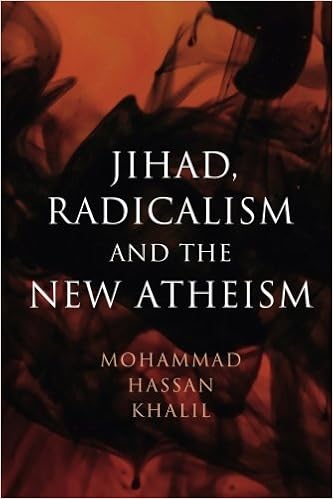"...the Imagination (or love, or sympathy, or any other sentiment) induces knowledge, and knowledge of an 'object' which is proper to it..."
Henry Corbin (1903-1978) was a scholar, philosopher and theologian. He was a champion of the transformative power of the Imagination and of the transcendent reality of the individual in a world threatened by totalitarianisms of all kinds. One of the 20th century’s most prolific scholars of Islamic mysticism, Corbin was Professor of Islam & Islamic Philosophy at the Sorbonne in Paris and at the University of Teheran. He was a major figure at the Eranos Conferences in Switzerland. He introduced the concept of the mundus imaginalis into contemporary thought. His work has provided a foundation for archetypal psychology as developed by James Hillman and influenced countless poets and artists worldwide. But Corbin’s central project was to provide a framework for understanding the unity of the religions of the Book: Judaism, Christianity and Islam. His great work Alone with the Alone: Creative Imagination in the Sufism of Ibn ‘Arabi is a classic initiatory text of visionary spirituality that transcends the tragic divisions among the three great monotheisms. Corbin’s life was devoted to the struggle to free the religious imagination from fundamentalisms of every kind. His work marks a watershed in our understanding of the religions of the West and makes a profound contribution to the study of the place of the imagination in human life.Search The Legacy of Henry Corbin: Over 800 Posts
Thursday, January 25, 2018
Jihad, Radicalism, and the New Atheism
Jihad, Radicalism, and the New Atheism
Mohammad Hassan Khalil
"One of this book's key insights is that liberalism can also be rather fundamentalistic in its scope and approach, and that the so-called New Atheists such as Sam Harris have even more violent and radical readings of the Quran than the jihadis themselves. Thus, the author argues, there are very few real differences in extremes when we look at the discourses of radical liberals/New Atheists and those of the jihadis. This is reminiscent of a point made by Seyyed Hossein Nasr in his book written in 1987, Traditional Islam in the Modern World (re-issued in 2010 as Islam in the Modern World). There, Nasr shows how modernism (liberalism being modernism's logical extension) and fundamentalism are two sides of the same coin, sharing in common, among other things, the rejection of tradition." - Mohammed Rustom, Associate Professor, College of the Humanities,Carleton University
"Mohammad Khalil's critique of the "new atheists" is compelling, rational, and hard-hitting without veering into polemics. The result is a highly lucid, carefully argued and engaging book on a very timely topic that has been begging for such a level-headed, scholarly treatment." - Asma Afsaruddin, Professor of Near Eastern Languages & Cultures, Indiana University
"...[N]o work has to this point looked at jihadist discourses on war and New Atheist discourses on Islam together as a shared narrative around what it means to be genuinely motivated by religion in modern Islam. Mohammad Khalil's book does just that, and it should be required reading for anyone looking for a way out of the Manicheanism of both jihadism and certain kinds of anti-religious discourse." - Andrew F. March, Law and Social Change Fellow, Islamic Legal Studies Program, Harvard Law School
Subscribe to:
Post Comments (Atom)








No comments:
Post a Comment